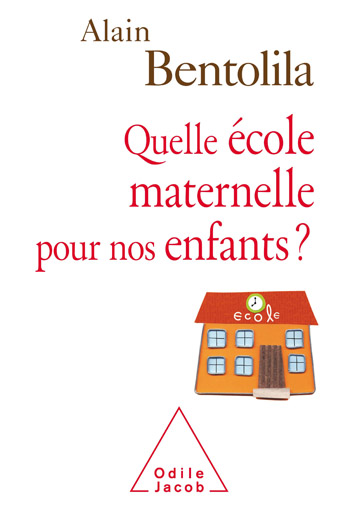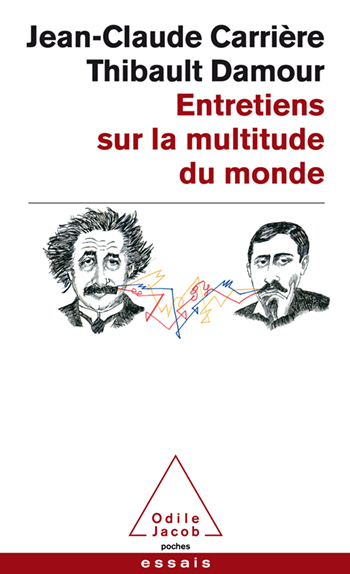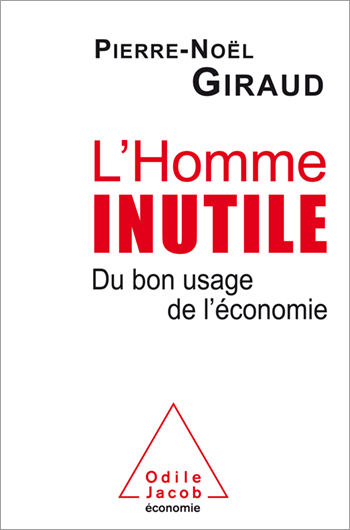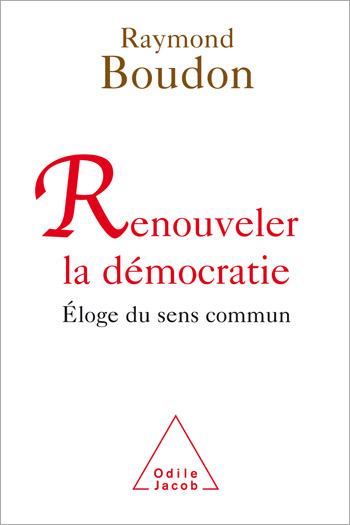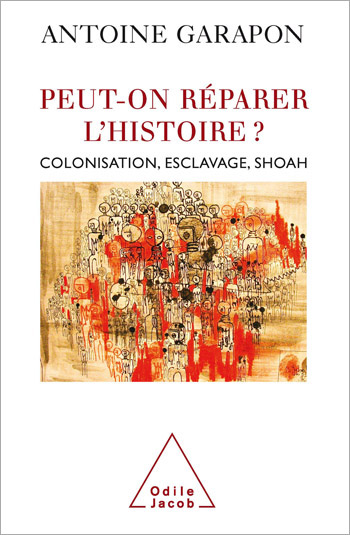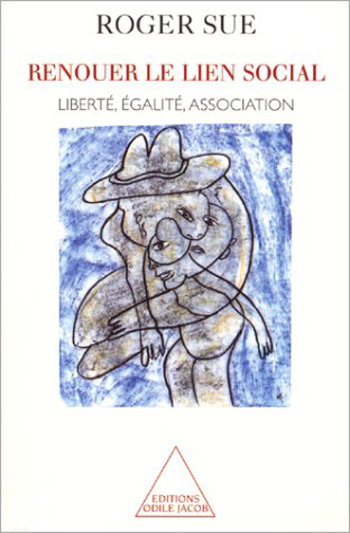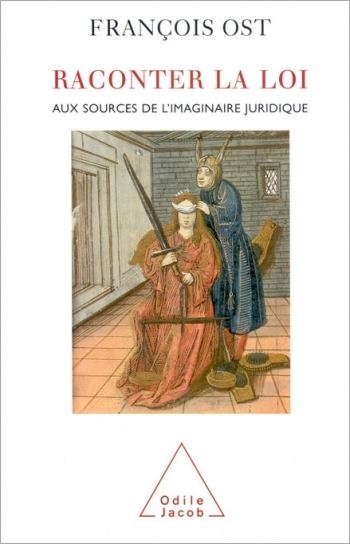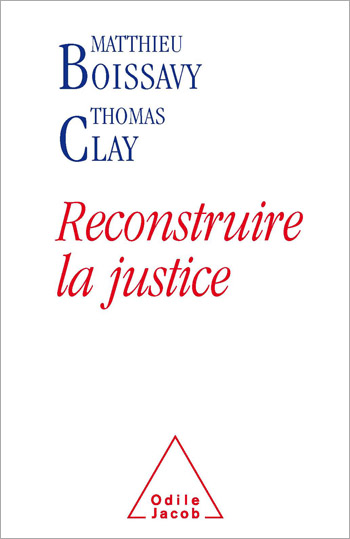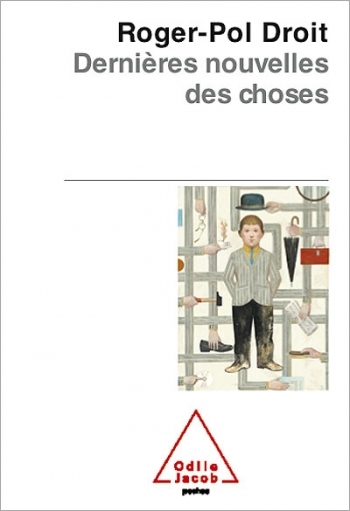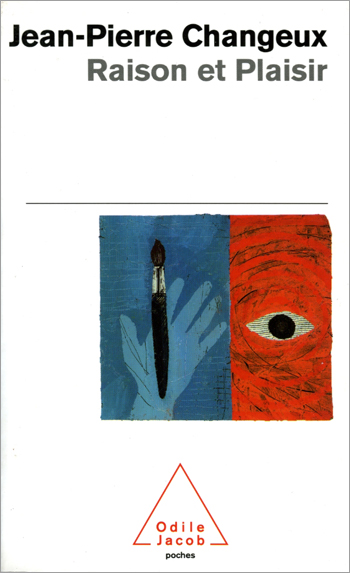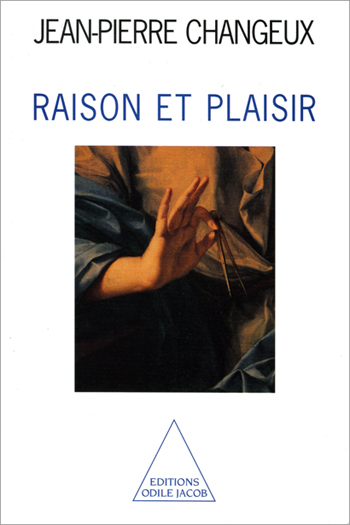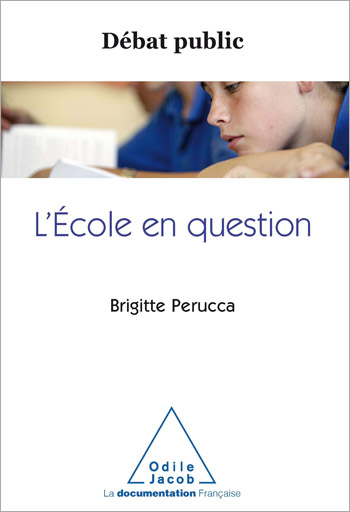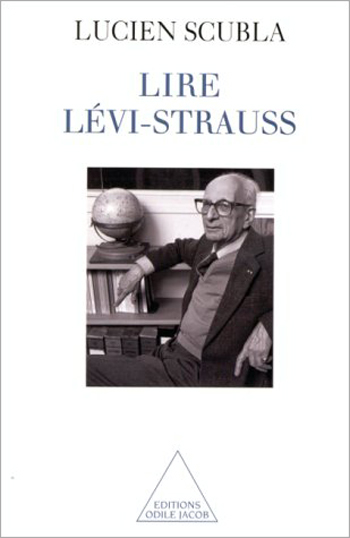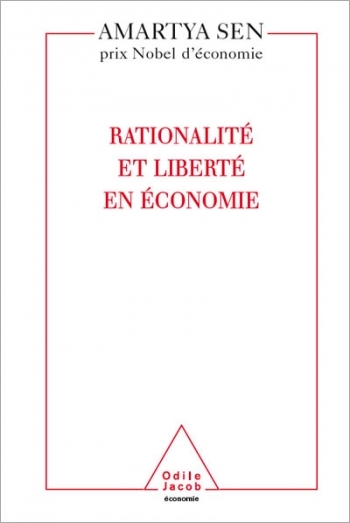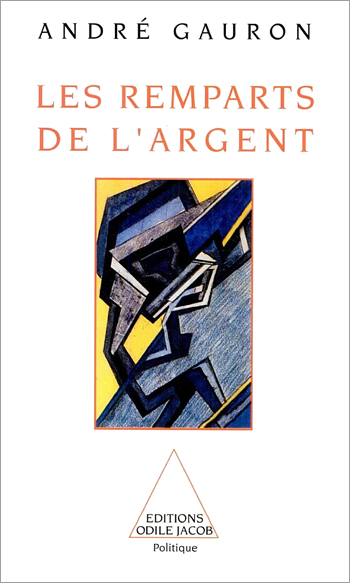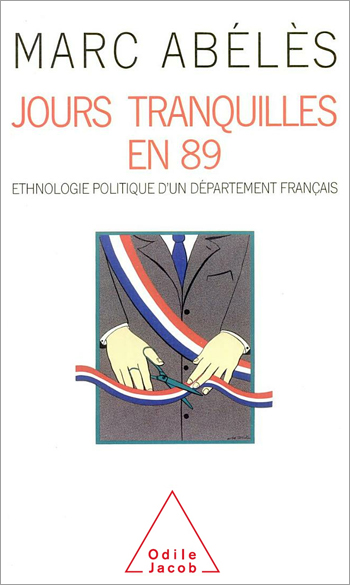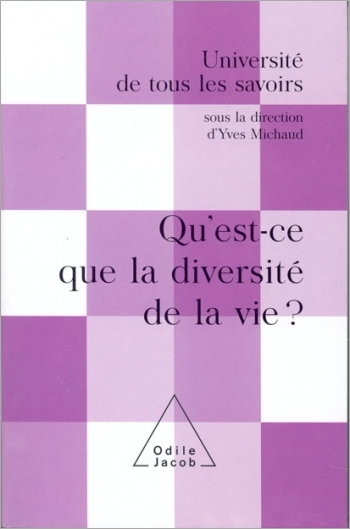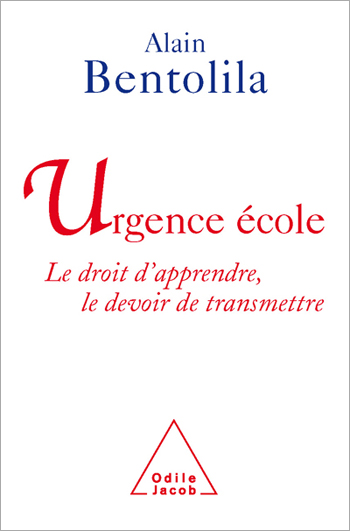Human Sciences All books
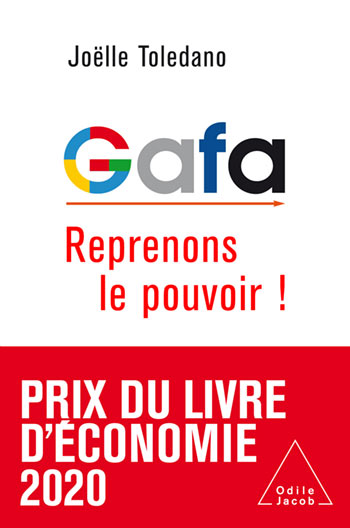
Joëlle Toledano
Regulating GAFA Taking back control!
An astute and well-documented analysis of GAFA, which provides an in-depth understanding of the sources of their power.
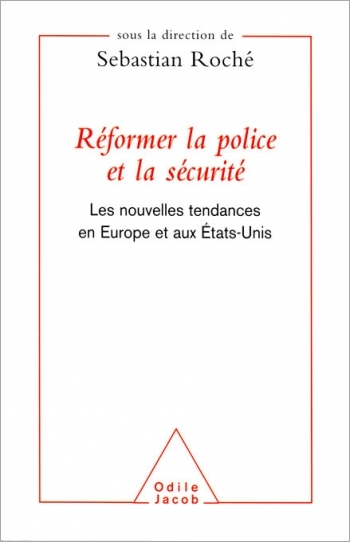
Sebastian Roché
Réformer la police et la sécurité
Demands for increased public safety are prevalent in both Europe and the United States, and they take similar forms. Do policies based on such notions as zero tolerance, local policing, partnership and mediation serve any real purpose or do they simply act as decoys? In New York City, as elsewhere, improved public safety resulted from the decentralisation of resources and power and, therefore, of responsibilities. In the articles included here, the writers, who are all experts in public safety in their respective countries, examine the issues in a dispassionate manner and offer a comparative study of the results obtained in different countries. Finally, they make some concrete suggestions to resolve the problem of petty crime and incivilities. Sébastian Roché is a professor at the Institut d'Etudes Politiques, in Grenoble. He is the author of Tolérance zéro? Incivilitié et insecurité, published by Editions Odile Jacob.
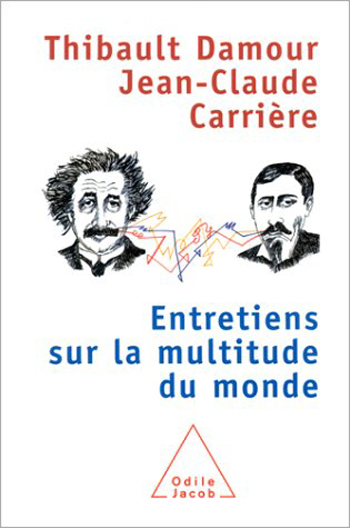
Jean-Claude Carrière, Thibault Damour
Reflections on the Mass of the World
Physicists are now faced with the disturbing certainty that the reality of the world is multiple. We do not exist in a single story, with a middle and an ending. Instead, we live in a multitude of superimposed stories although we see only our own because our perception is limited by the narrow beam of light in which we exist.
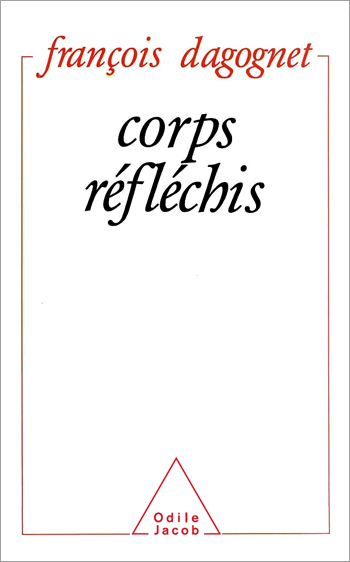
François Dagognet
Reflections on the Body
A philosophy for our times, devised through an understanding of modernity in all its forms: artistic, scientific and medical. This work is a rigorous and exacting treatment of the ethical and political choices facing mankind at a moment when the power over matter and living are coming to be declared unlimited. In short, the engaged and stimulating observations of François Dagognet, a professor of philosophy at the Université de Paris I, medical doctor, and heir worthy of Bachelard.
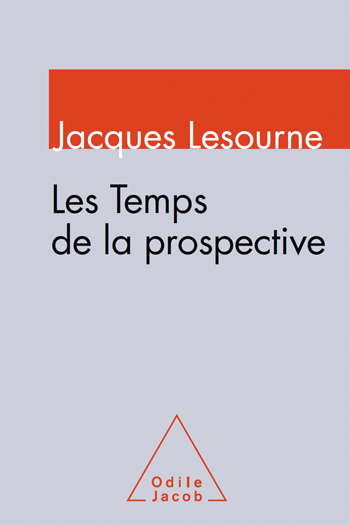
Jacques Lesourne
Reflecting on the Future
Instead of describing a ready-made methodology, the author, an eminent prospectivist, shows us how to picture the future.
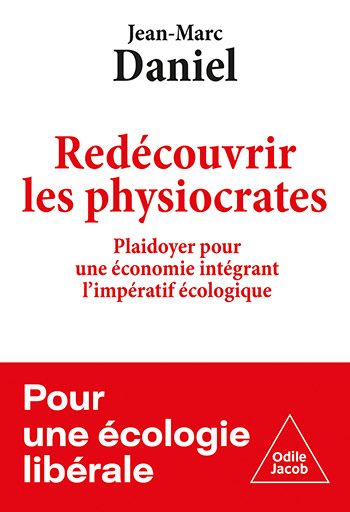
Jean-Marc Daniel
Rediscovering Physiocrats A Plea for an Economy that Integrates the Ecological Imperative
Contrary to popular belief, the economy and ecology are not enemies. They arose together, as reflected by the physiocratic heritage.
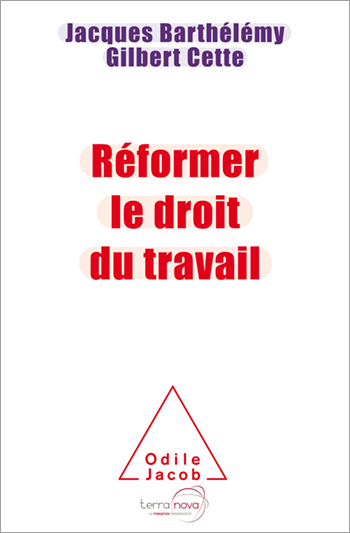
Gilbert Cette, Jacques Barthélémy
Reconstructing Social Law to Reform How the Labour Market Functions
French social law, and particularly labour law, is characterised by an excess of rules and regulations that hinder economic growth and job creation. In this respect, France is an exception among European nations.
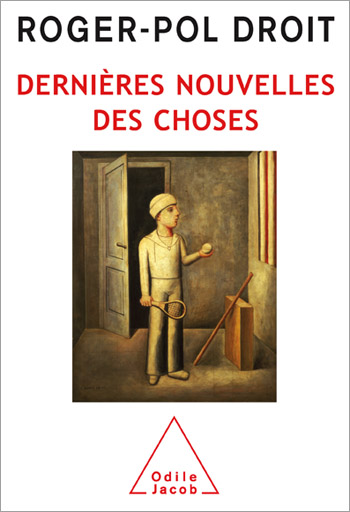
Roger-Pol Droit
Recent News of Ordinary Objects
"Can you learn anything from ordinary objects the things you use in your daily life? The answer is: yes, more than you can imagine. During the course of one year, I assigned myself a sort of adventure: I kept a diary of my encounter with objects, and I suggest you do the same. Briefly, my goal was to try to find the words that are hidden inside objects, to discover the questions that lie at the heart of things. My journey took place in four stages: surprise, groping, panicking, feeling soothed. This experience, touched with humour and a hint of folly, also follows the itinerary of an unexpected spiritual journey," Roger-Pol Droit is a research fellow at the Centre National de la Recherche Scientifique
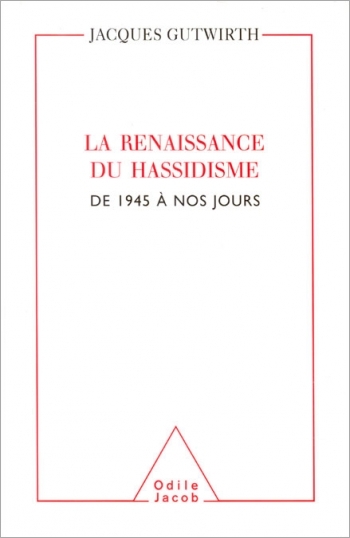
Jacques Gutwirth
The Rebirth of Hasidism, from1945 to the present
In 1945, there were 20,000 Hasidim in the world. Today, there are between 350,000 and 400,000, about half of whom live in Israel. This population explosion cannot be explained simply by demographic reasons. In France alone, it is estimated that there are 10,000 to 15,000 Lubavitch Hasidim, a small but particularly active community. Jacques Gutwirth paints a vivid picture of the major centres of Hasidism - Antwerp, New York, Jerusalem, Bne Brak and Paris. He describes the main aspects of Hasidism today, its spiritual and intellectual contributions, its recent history and the influence it has. Hasidism cannot be reduced simply to a religious conception, a way of expressing one's religion, or a particular lifestyle. Its rapid development is linked to current politics and global economics, to which in turn it also contributes. In this rigorous, balanced study of one of Judaism's most dynamic communities, the author provides solid information to further the discussion on the rise of religious fundamentalism. Jacques Gutwirth is an anthropologist and an honorary research fellow at the Centre National de la Recherche Scientifique (CNRS). A pioneer in the field of urban anthropology, he has taught at the University of Provence, in Aix, and at the University René Descartes, in Paris, as well as in Germany and the United States. He is the founder of the laboratory of anthropology at the CNRS. His first book, Vie Juive Traditionnelle, about a Hasidic community in Antwerp, is regarded as a classic. He is also the author of Les Judéo-Chrétiens Aujourd'hui and L'Eglise Electronique: La Saga des Télévangélistes
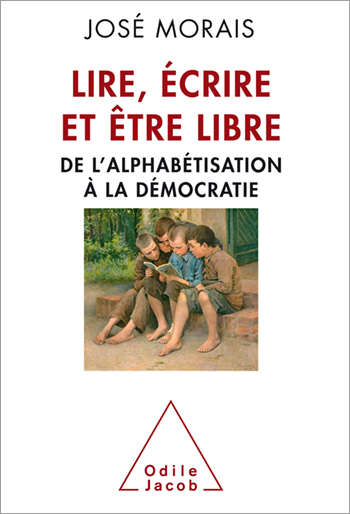
José Moraïs
Read, write and be free From Literacy to Democracy
The essential, driving role of literacy in the transformation of existing pseudo-democracies into real democracies
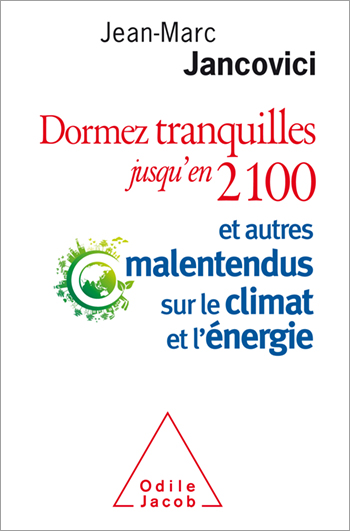
Jean-Marc Jancovici
Quiet sleep until 2100 and others Misunderstandings about the Climate, the Economy, Politics and the Environment
A brilliantly striking demonstration of the environment’s central role in the global economy
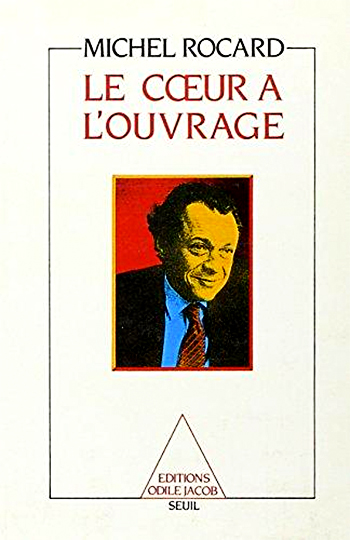
Michel Rocard
Putting One's Heart into One's Work
In this intellectual and political autobiography, former French Prime Minister Michel Rocard explains the ethical requirements which underlied his every political action. This book provides an uncompromising analysis of French society and politics by examining the economic, cultural and social questions which France poses itself today.
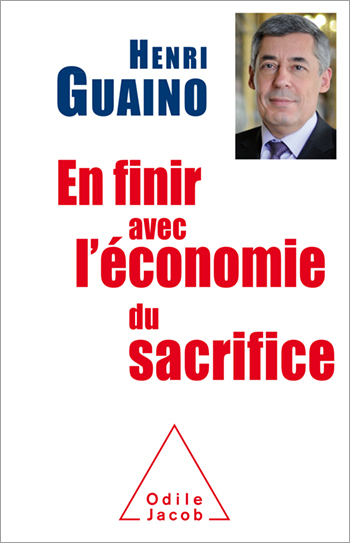
Henri Guaino
Putting an End to the Sacrifice Economy
An important work of economics, of very political economics, to feed reflection and fire debate.
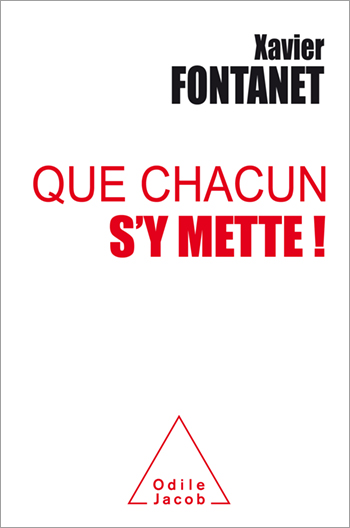
Xavier Fontanet
Pull Together, Everyone! We can succeed and rise again
Through his columns in Les Echos, of which he offers us an enriched and updated selection, Xavier Fontanet finds substantial resonance in the media and among economic and political circles. A fundamentally optimistic book, which considers that everyone — citizen, consumer, entrepreneur — can take control of their destiny and contribute to the collective good.

